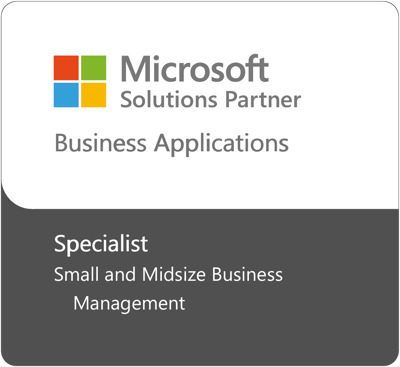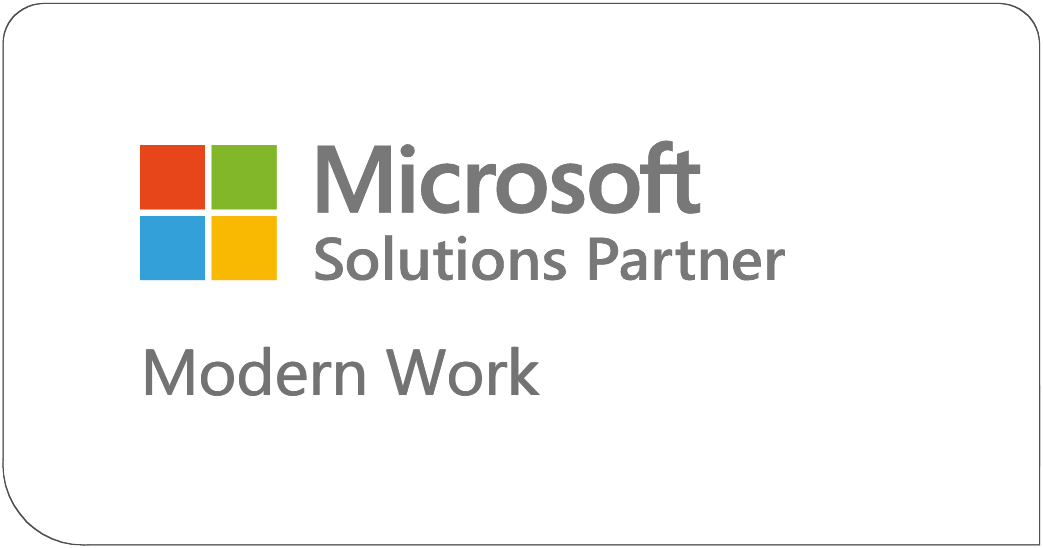If you've been in the food industry for any length of time, you know that the thing that separates the good from the great is speed. But if you're like most businesses, you can't just brute force processes with endless hiring. Instead, you must do more in less time—in other words, you need productivity.
The journey towards enhanced food distribution productivity, though, is challenging. Whether you need to manage your warehouse more effectively, speed up sales orders, or keep better track of rebates/earned income, a range of roadblocks rise to meet you.
We've seen this story repeat again and again at distributors of all sizes. Based on our experience, these are the five most significant barriers food distribution companies face when seeking greater efficiency in their operations.
1: Disjointed Systems
When your ERP system can't communicate with your warehousing, eCommerce, CRM, TMS, or any other software, you have a problem. You have to move data between them to reach customers at the right time with the right message, and the only way you have to do that is to download data and re-upload it into another system manually.
If you've been taking this approach at your business, you know that human error is inevitable with it. When these mistakes occur, it creates the conditions for our next barrier.
2: No "Single Source of Truth"
As errors compound over time and various databases receive updates, your data becomes fragmented. To answer simple questions, your team might need to access several systems and manually compare the information to see what's right and what's wrong. As silos develop in your business, your team's confusion grows, causing them to do tasks multiple times or slowly.
It's no surprise when departments look at different versions of truth that the next barrier occurs.
3: Lack of Alignment Between Sales and Operations
In most businesses, the sales division is tasked with generating work, and the operations team does it. A problem that comes up repeatedly is a lack of communication between these two parts of the business. As they develop plans based on what they see, they often aim for two completely different targets.
The person that suffers most from this situation: the customer.
4: Insufficient IT Support
Whether internal or external, every organization that runs data technology needs IT support. However, these resources are costly and hard to find, meaning many distributors today don't have the technology team they need to keep their complex systems in line.
At the same time, many software vendors offer lackluster or overpriced support options that leave you fending for yourself. As a result, projects take too long, and your return on investment is delayed.
5: Little Executive Buy-in for Systems
IT systems are considered a cost center in most organizations, which means that most executives (other than CIOs) aren't invested in them. After all, IT isn't your business; your business is food. As a result of this prevailing attitude, the idea of investing in new food distribution software isn't high on the priority list.
What would it take to change your mind?
A Different Way
What if you found a way to view IT systems not as impediments but as strategic assets? At Innovia Consulting, we think that should be the baseline for every ERP system owner. Here's how we address each of the five barriers with Microsoft Dynamics 365 Business Central:
- Business Central integrates with Microsoft 365, the Power Platform, and a whole host of other software, so you have fewer disjointed systems.
- Business Central lives up to its name as the center of your business's information. It can be your "single source of truth" and keep your teams on the same page.
- Because of its powerful functionality and nearly limitless customizability, Business Central gives every member of your team the tools they need to succeed, naturally creating a sense of alignment between your departments.
- Innovia Consulting has a 24/7 US-Based support team dedicated to resolving customers' issues and ongoing challenges. They answer the phone and email you back—every time.
- All of this means that your system becomes the driving force for your company's productivity and communication. It amplifies your efforts, so your executive team can't help but buy in!
Need more details about the specific food distributor features we offer?
Access our free eBook sharing the eight features we think are essential to any successful ERP system in the food distribution industry.
Ready to talk? Call 800-834-7700 today or email sales@innovia.com to get started.






